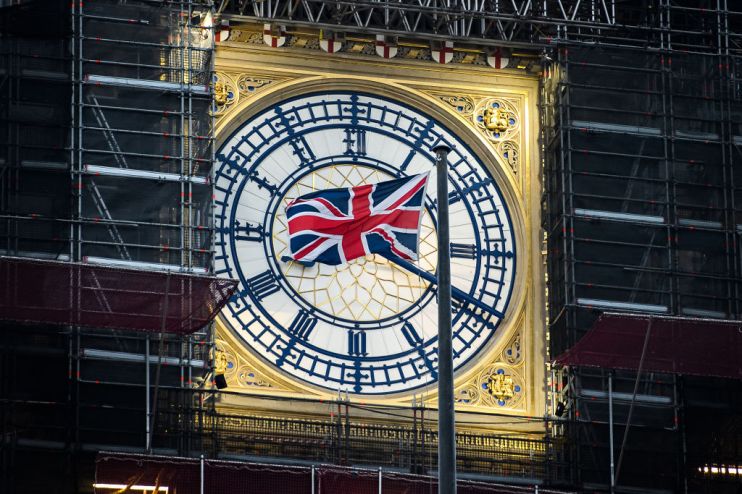Brexit: EU raises ‘strong concerns’ about grace period extension

The EU will raise “strong concerns” about Britain’s extension of a grace period for checks on agricultural and food products heading to Northern Ireland, the vice president of the European Commission has said.
Maros Sefcovic said he will speak to David Frost, the Prime Minister’s Europe Adviser, on the implementation of EU-UK agreements tonight.
“I’ll be raising our strong concerns on the respect of the [Northern Ireland] Protocol, following today’s announcements,” Sefcovic said on Twitter.
The government this morning announced it will unilaterally change a part of the Northern Ireland Brexit deal, in a move that will better suit British businesses.
Ministers said they would extend the grace period on Irish Sea border checks for UK supermarkets and suppliers to adapt to new trade barriers.
The first of these periods is set to expire at the end of March, but government announced it will now be extended until October.
Supermarkets in Northern Ireland have struggled with supply issues since the Brexit transition period ended on 1 January, however the problem is expected to worsen when the existing grace period ends.
In a statement, ministers said: “For supermarkets and their suppliers, as part of the operational plan the UK committed to at the UK-EU Joint Committee on 24 February, the current Scheme for Temporary Agri-food Movements to Northern Ireland will continue until 1 October.
“Certification requirements will then be introduced in phases alongside the roll out of the Digital Assistance Scheme.”
It is understood the government has described the move as an “operational easement” rather than a formal extension of the grace period.
Speaking in the Commons this afternoon, Prime Minister Boris Johnson told MPs that Northern Ireland’s position within the UK internal market was “rock solid and guaranteed”.
He added that the government would underscore that with the operational “easings” to protect food supplies and other areas, pending further discussions with the EU.
However, the move was met with criticism from figures from across the political spectrum. Raoul Ruparel, Theresa May’s former Brexit adviser, tweeted that it was “hard to see how this is allowed under the Protocol.
“I suspect [the] UK gamble is that because it’s temporary and part of [a] step to full requirements, the scope for EU objection/action is limited,” he said.
Ireland’s deputy First Minister Michelle O’Neill also slammed the move. “The EU and the British government need to work together and this appears to be another unilateral attempt to override what has been agreed,” she said.
“What everyone should be focused on is achieving agreement to find solutions to the issues that are outstanding, but it’s very clear the protocol must be made to work.”